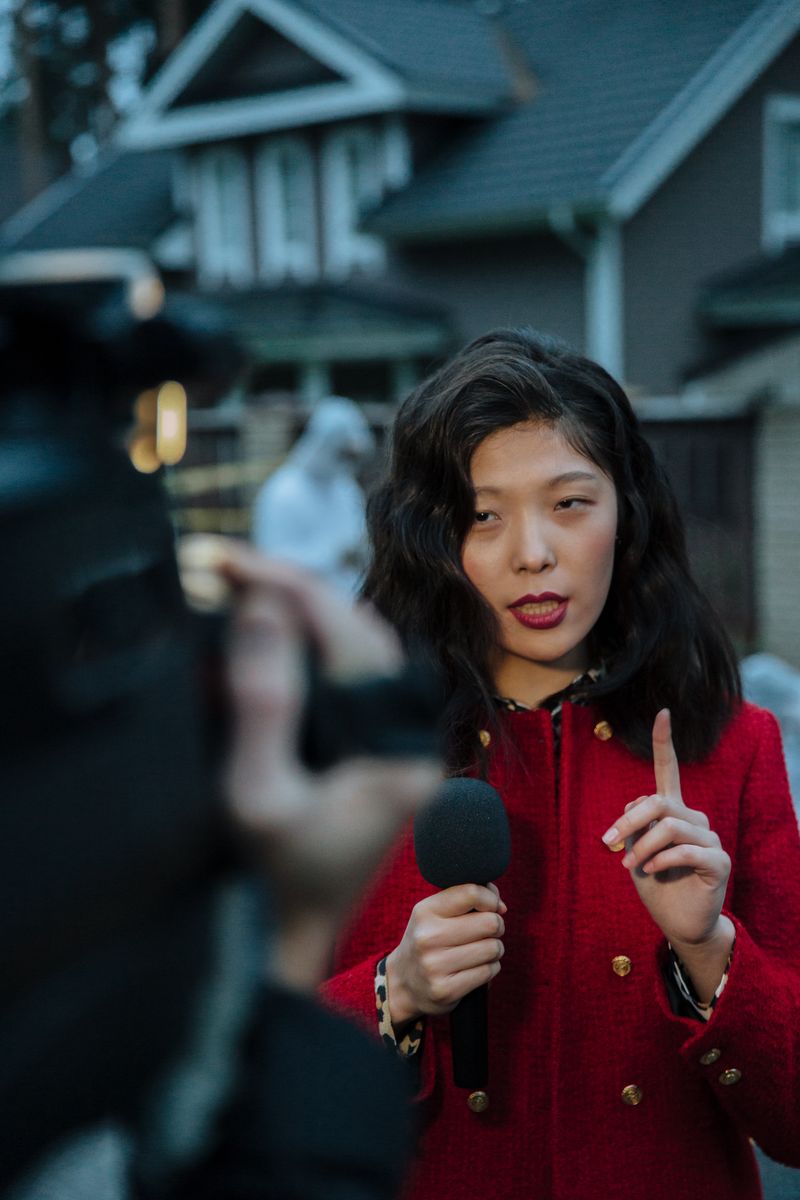“Anna Nicole Smith: You Don’t Know Me” – A Superficial Take on a Complex Life
An Introduction
The Netflix documentary “Anna Nicole Smith: You Don’t Know Me” is the latest attempt to chronicle the life and times of the notorious model and actress whose brief and tumultuous existence was the stuff of tabloid fodder for years. Directed by Ursula Macfarlane, the documentary fails to delve deeply into the complexities of Anna’s life, instead presenting a superficial summary of the events that made her a household name. In this editorial, I will explore the problematic aspects of the documentary and the broader themes of exploitation and fame that continue to plague our society.
The Problematic Approach
Macfarlane’s direction seems to be based on a familiar template that relies heavily on archival footage, interviews, and confessional moments from the people closest to Anna. However, the “You Don’t Know Me” documentary suffers from a lack of coherence and a failure to contextualize the events that drove Anna’s life. Rather than provide a nuanced and insightful portrayal of the woman and the circumstances that shaped her life, the documentary opts for a reductionist approach that reinforces the worst stereotypes about Anna and her life.
The documentary fails to draw meaningful conclusions and insights from the available material, instead presenting a sanitized and predictable narrative. Rather than offering a nuanced and insightful portrayal of the woman, the documentary amounts to another sad indictment of a culture that feeds on the misery of others.
The Culture of Exploitation
The sad reality is that Anna’s life was marked by a culture of exploitation that saw her as nothing more than a commodity to be marketed and consumed. As a child of poverty, Anna had few options and was forced to resort to her looks and her charm to make a living. It wasn’t long before she came to the attention of the media and the public, who couldn’t seem to get enough of her.
The media’s obsession with Anna and her life story was relentless, and it wasn’t long before she became a staple of tabloid headlines across the country. From her relationship with billionaire J. Howard Marshall to her marriage to lawyer Howard Stern, Anna’s life was marked by frenzied media attention and scrutiny.
The Tragic Consequences
The consequences of this endless cycle of exploitation and scrutiny were tragic and far-reaching. Anna’s descent into addiction and substance abuse was well-documented, and her death at the age of 39 was a direct result of her turbulent and tragic life.
The failure of the “You Don’t Know Me” documentary to present a deeper and more nuanced portrayal of Anna’s life and the forces that shaped it is a missed opportunity to learn from the lessons of her life. By failing to present a more complex and nuanced picture of Anna’s life and times, the documentary reinforces the worst stereotypes about her and fails to challenge the power dynamics that made her a victim of exploitation and degradation.
Conclusion
The “You Don’t Know Me” documentary is a missed opportunity to explore the complexities of a woman whose life was marked by exploitation and degradation. Instead, it reinforces the most superficial and predictable narratives about Anna and her life, perpetuating the worst stereotypes about her and what she represented. As a cautionary tale, it does little to challenge the power dynamics that continue to make celebrities the victims of the media and the public’s insatiable appetite for gossip and salacious stories. As a society, we need to do better. We need to recognize that celebrities are not objects to be marketed and consumed but human beings with complex emotions, motivations, and lives. Only by recognizing the humanity of the people we place on pedestals can we hope to create a culture that is more compassionate and just.

<< photo by Jarvik Joshi >>




